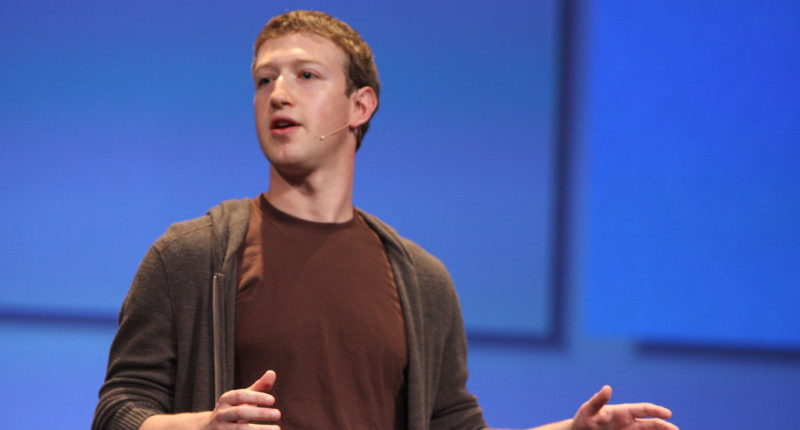Meta CEO Mark Zuckerberg has shared a new plan for artificial intelligence (AI), which he describes as ‘personal superintelligence’. In a post published on July 30, he explained that this technology is designed to act as a personalized AI assistant for each individual. Instead of focusing on replacing human jobs or automating work at scale, Zuckerberg said the goal is to create AI that understands each person’s goals, habits, and values, and then helps them make smarter choices and improve their overall productivity.
According to Zuckerberg, AI should not be something that removes people from the equation but rather a technology that works closely with individuals by helping them grow, connect with others, and reach their full potential. He described this as a fundamental difference between Meta and other tech companies operating in the AI domain. And to make this vision into a reality, the social media behemoth has recently established a new division called Meta Superintelligence Labs (MSL), which is now leading the company’s most advanced AI projects.
The company’s Superintelligence Labs includes top talent from the AI field, including Alexandr Wang (founder of Scale AI), who now serves as Meta’s Chief AI Officer. Notably, the company invested around $14.3 billion into Scale AI, a move that helped bring Wang onboard. Even Nat Friedman (the former CEO of GitHub) has reportedly joined MSL to help lead its applied AI efforts.
Among other high-profile recruits is Shengjia Zhao, a key contributor to OpenAI’s GPT-4 model, who has joined Meta as the chief scientist of its Superintelligence Labs. Such aggressive and controversial hiring efforts come at a time when OpenAI CEO Sam Altman recently claimed that Meta has been offering signing bonuses as high as $100 million in an attempt to lure researchers away from rivals.
In parallel, the social media powerhouse is also expanding its infrastructure to support future AI development. The company is reportedly trying to raise up to $29 billion in private funding to build massive data centers in the US. Earlier, Meta’s CEO called 2025 ‘a defining year for AI’ and announced a $65 billion investment in the company’s AI infrastructure.
However, despite publicly releasing a statement about the superintelligence project for the first time, Zuckerberg still left several important questions unanswered. For example, he does not clearly define what ‘superintelligence’ means, how Meta plans to build it, or what specific problems it aims to solve. The post feels more like a personal vision than a clear business plan, and it clearly lacks technical details. The timing of the move is also notable, as it came just before Meta’s earnings report and suggests the company may be under pressure to justify its massive spending on AI.
“Personal superintelligence that knows us deeply, understands our goals, and can help us achieve them will be by far the most useful. Personal devices like glasses that understand our context because they can see what we see, hear what we hear, and interact with us throughout the day will become our primary computing devices,” Zuckerberg noted.
The whole scenario becomes more interesting as the company’s AI efforts are not free from controversies. For example, the release of its ‘Llama 4 Behemoth’ model was delayed by months due to performance issues. Also, its chatbot faced criticism for inappropriate interactions with users, including minors. More recently, Italy’s antitrust watchdog launched an investigation into Meta over concerns it used WhatsApp to unfairly promote its own AI assistant over competitors.
The Tech Portal is published by Blue Box Media Private Limited. Our investors have no influence over our reporting. Read our full Ownership and Funding Disclosure →






